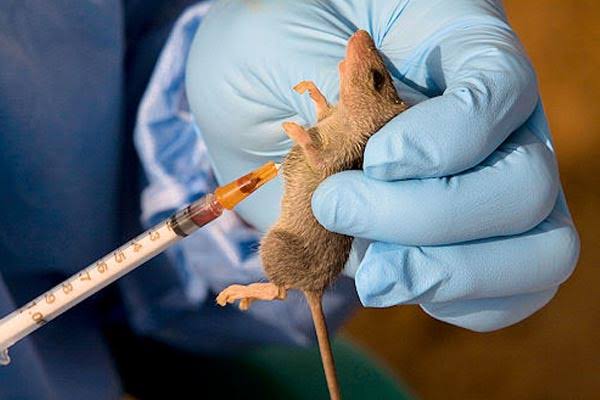The death toll from the Lassa fean outbreak of Lassa fever has risen to 173, the Nigeria Centre for Disease Control (NCDC) has said.
SEE ALSO: Crimes Increasing Rapidly during Coronavirus Pandemic, says Interpol
The NCDC said that this represents a Case Fatality Rate (CFR), of 18.9 per cent.
Dr Chikwe Ihekweazu, Director-General of NCDC, told News Agency of Nigeria (NAN), on Friday in Abuja, while giving an update of on the Lassa fever outbreak that amidst the Novel Coronavirus (COVID-19), outbreak in the country, the agency has continued to manage a national Lassa fever outbreak.
He said that in week 12, the number of new confirmed cases decreased from 51 cases in week 11, to 28 cases.
The NCDC DG said that these were reported case in 12 states, Edo, Ondo, Ebonyi, Bauchi, Taraba, Plateau, Kogi, Abia, Enugu, FCT, Benue and Gombe.
“This is cumulatively from week one to week 12., 173 deaths have been reported with CFR of 18.9 per cent which is lower than the CFR for the same period in 2019 with 22.9 per cent.
“In total for 2020, 27 states have recorded at least one confirmed case across 125 Local Government Areas.
“Of all confirmed cases, 72 per cent are from three states, which are Edo,with 33 per cent, Ondo with 32 per cent and Ebonyi with seven per cent.
“The predominant age-group affected is 21 to 30 years, range: from one to 78 years, Median Age: 33 years. The male to female ratio for confirmed cases is 1:1.2,” he explained.
Ihekweazu said that the number of suspected cases had significantly increased compared to that reported for the same period in 2019.
”With joy that there were no healthcare workers affected in the reporting week 12,” he said.
The NCDC DG said the National Emergency Operations Centre (EOC) had been activated to coordinate response activities across states.
“Of the states with confirmed cases, eight of them have activated state- level EOCs
National Rapid Response Teams have been deployed from NCDC to support response activities in 10 States.
“Surge staff Doctors, Nurses, Laboratorians and Hygienist, are deployed to ISTH and FMC Owo. And also State Public Health Emergency Operations Centre activated in affected States,” he said.
According to him, the five molecular laboratories for Lassa fever testing in the NCDC network are working full capacity to ensure that all samples are tested and results provided within the shortest turnaround time
He said that NCDC was working to support every state in Nigeria to identify one treatment centre, while supporting existing ones with care, treatment and IPC commodities.
Ihekweazu said that the risk communications and community engagement activities have been scaled up across states using television, radio, print, social media and other strategies.
He, however added that there was an Implementation of Lassa fever Environmental response campaign in high burden states by Federal Ministry of Environment.
Ihekweazu stressed that Lassa fever is a disease spread to humans through food or household items contaminated with rodent urine or faeces.
“In 80 per cent of cases, the fever is asymptomatic, but for some, the symptoms include high fever, headache, mouth ulcers, muscle aches, haemorrhaging under the skin and heart and kidney failure.
“It has an incubation period of between six and 21 days and can be transmitted through contact with an infected person via bodily fluids and excretion.
He advised Nigerians on a more effective personal hygiene, storing grain and other foodstuffs in rodent-proof containers, and disposing of garbage far from their homes to help sustain clean households.

